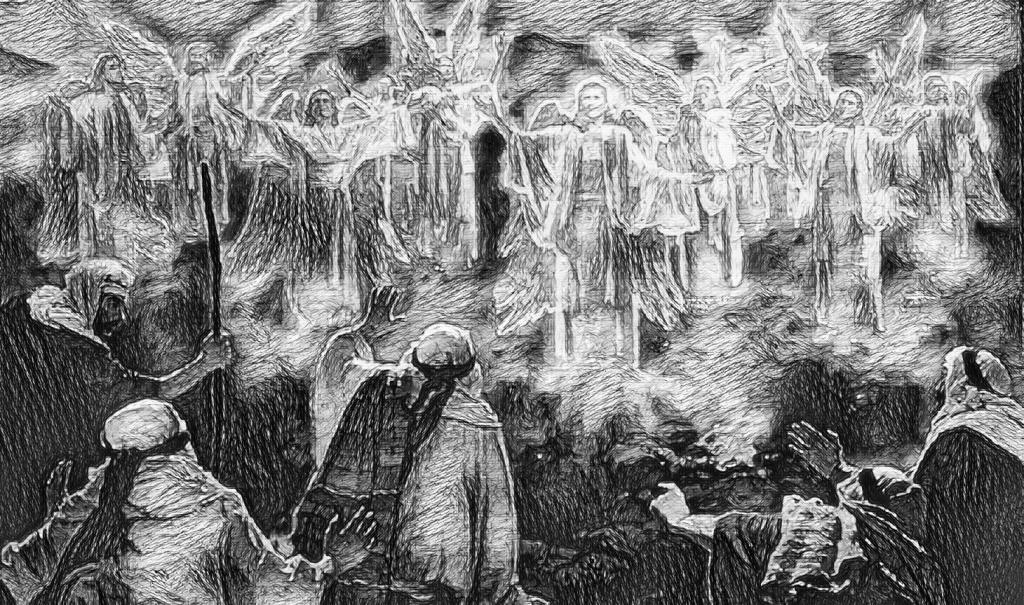Along with the general expansion of the Mass readings, the reforms after the Vatican II Council give greater prominence to the psalms in the liturgy. This is particularly the case with the expanded short gradual recited between the Epistle and Gospel of the Mass. While it is normative to render the psalm with intermittent responses, it is my understanding that it can also be done as in the Liturgy of the Hours or breviary, with the response or antiphon at the beginning and end of the psalm. Psalms can be recited but there is a preference, when possible, that they be sung or chanted.
Tradition tells us that King David composed many of the 150 psalms. As in the breviary, a few psalms are missing and others are clipped in respect to the sensibilities of believers. The times may change but human nature does not. The psalms reflect the human condition with all its emotions and needs, even those that are negative and destructive. One of the missing verses from church is from Psalm 137:8-9: “Desolate Daughter Babylon, you shall be destroyed, blessed the one who pays you back what you have done us! Blessed the one who seizes your children and smashes them against the rock.” The Church would discern in this that God desires justice; however, the Hebrews received the revelation with hearts bent on revenge. The problem of such psalms is that lines like this would hijack the liturgy and compel the homilist to spend what little time he has in trying to reconcile the notion of a vengeful God with Jesus as the Divine Mercy. Again, this particular line speaks more about the human condition and our feelings than about the divine nature and the truth. While not denying the value of even the difficult passages of Scripture as divinely inspired, the Church tends to employ psalms that focus on the themes of longing, mercy, healing, restoration, respect for persons and honoring the Almighty. It should be said that there is frequently a prophetic element to the psalms, about the history of God’s people and/or about the coming of a Messiah.
(The psalms have long constituted the Jewish prayer book, albeit in the format of memorization and less so as written.) Catholicism heavily employs the psalms in the Mass and in her printed prayer book, the Liturgy of the Hours. They lend a meditative element to the liturgical movement. Often they echo the readings. The most important of the psalms may be those that point to the Messiah. Psalm 2 intimates a unique relationship of the Messiah to us as God’s Son.
Psalm 2:1-6 – “Why do the nations protest and the peoples conspire in vain? Kings on earth rise up and princes plot together against the LORD and against his anointed one: ‘Let us break their shackles and cast off their chains from us!’ The one enthroned in heaven laughs; the Lord derides them, Then he speaks to them in his anger, in his wrath he terrifies them: ‘I myself have installed my king on Zion, my holy mountain.’”
Psalm 110:4 – “You are a priest forever in the manner of Melchizedek.”
Psalm 22:2; 16-20 – “My God, my God, why have you abandoned me? . . . As dry as a potsherd is my throat; my tongue cleaves to my palate; you lay me in the dust of death. Dogs surround me; a pack of evildoers closes in on me. They have pierced my hands and my feet. I can count all my bones. They stare at me and gloat; they divide my garments among them; for my clothing they cast lots. But you, LORD, do not stay far off; my strength, come quickly to help me.”
The psalms reveal how we are naturally wired for God and for the meaning that he alone can give to human existence. As his creatures, we are utterly dependent upon the Creator. He is all good and we cry out for his forgiveness and protection.
Filed under: Uncategorized | Leave a comment »


















































